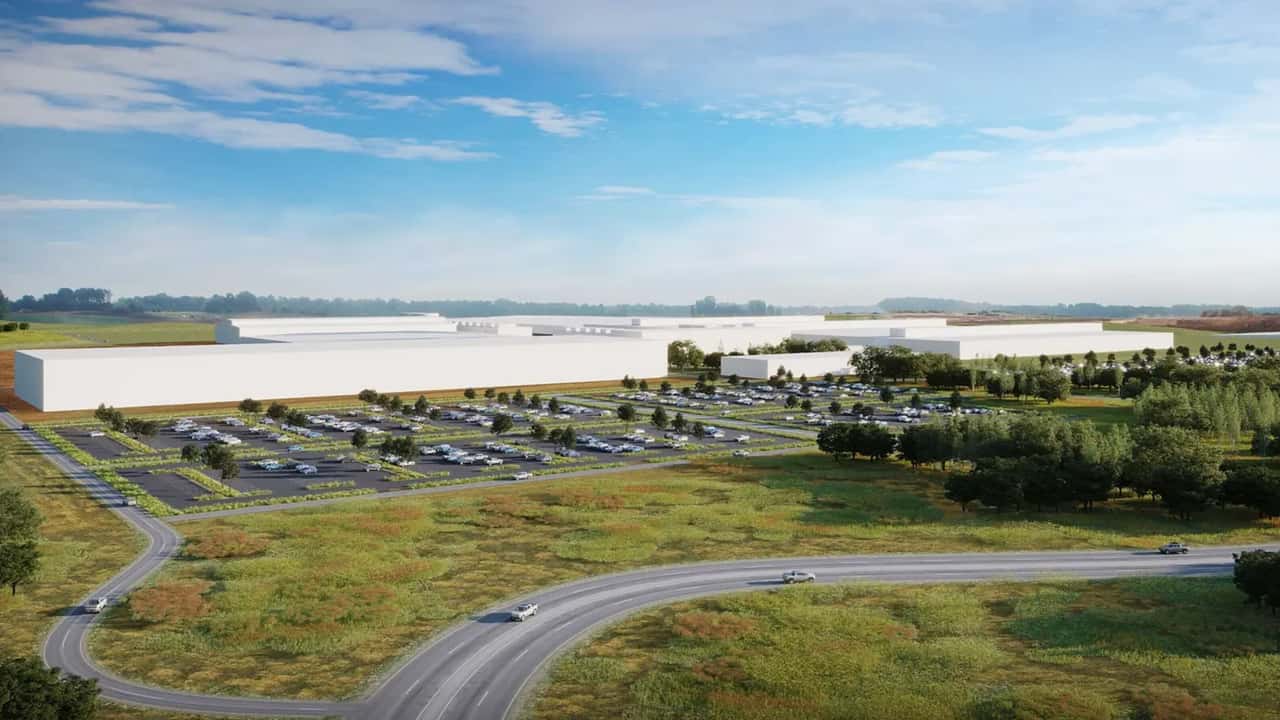The road to electrification is pretty rocky. It’s a common, almost everyday tale in the auto industry—companies dive into making electric cars, and they often hit snags before getting things right. Rivian faced a similar story in Georgia with the manufacturing site for the next-generation R2-platform-based EVs. Legal battles over property tax breaks made things tough, and construction of its second plant which was intended to begin in the summer of 2022 seemed indefinitely delayed.
In an earlier ruling, a local superior court had denied Rivian access to the bonds that would allow $700 million in tax breaks. In August 2023, the Georgia Court of Appeals overturned that decision and sided with state and local authorities, the Atlanta Journal-Constitution reported. The local authorities were vouching for Rivian to go forward with its massive investment, which would be a shot in the arm for the local economy. With the legal battles out of the way, it seems like Rivian is finally pushing forward with the site.
Real estate and construction firm Clayco announced yesterday that it was selected by Rivian to build a “cutting-edge” EV manufacturing facility in Stranton Spring, Georgia. An 1800-acre complex will have “efficiency and sustainability” as its “key tenants,” Clayco announced in a press release. The plant is expected to create approximately 7,500 direct jobs and create a further 8,000 indirect jobs. Production of the R2-based models at the site is expected to start in 2026.
Pushing ahead with such a megaproject seems like going against the wind, especially when you look at industry trends from the recent past. In October 2023, General Motors announced delays in the production of the Chevrolet Silverado EV and GMC Sierra EV. Ford also pushed back battery production at one of two BlueOval SK plants in Hardin County, Kentucky. And Volkswagen also seems to be in a pickle with disruptions at its Cariad software arm, throwing a wrench into the development of its Scalable Systems Platform.

While Rivian is still battling ongoing lawsuits and environmental concerns tied to the project, (a Morgan County resident has alleged that muddy runoff from the site has choked the downstream water bodies, breaching environmental law), it appears set to ramp up manufacturing. Following robust Q3 results, it raised its annual production goal from 52,000 units to 54,000 units. Its losses seem to be shrinking as well—it posted a negative profit of $477 million in Q3, significantly lower than the $917 million it lost during the same period in 2022.
That said, Rivian’s first model at the new site is expected to be a mid-size SUV/crossover with an estimated starting price of $40,000, with the range-topping variant expected to cost $60,000. Rivian might reveal it in early 2024, said the company’s Chief Financial Officer Claire McDonough in June 2023. That’s not particularly affordable, but if Rivian sticks to that promise, the new models would certainly appeal to a wider audience, especially given the fact that both the R1T and R1S start at well above $70,000.

